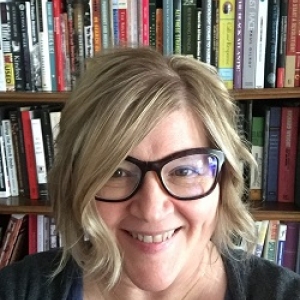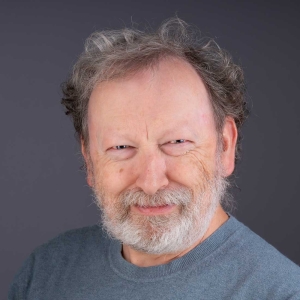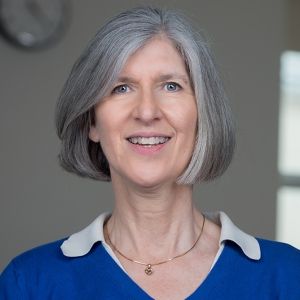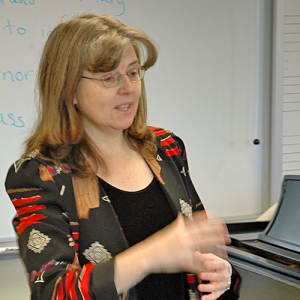Union formally opened its 225th academic year Tuesday with its traditional Convocation ceremony that helped welcome the Class of 2023, recognized student and faculty achievements, and touched on highlights for the coming year.
One of the most significant developments will be the implementation of a new strategic plan that will guide the College’s decision-making over the next five years.
Titled “The Power of Union,” the plan has been in the works for nearly a year with input solicited from across campus to create a blueprint for the College.
Beginning his second year as president, David R. Harris spent a large part of his address sharing highlights of the plan, which was released in draft form last week. The final plan will be presented to the Board of Trustees in October. A town hall meeting will be held during Common Hour (12:50 to 1:50 p.m.) on Friday in the Nott Memorial.
In his remarks to a standing-room-only crowd in Memorial Chapel, Harris focused on the plan’s vision to “develop every student to lead with wisdom, empathy and courage, in ways large and small, now and across multiple tomorrows.”
He touched on the themes supported by the plan’s title. These included the power of Union between tradition and innovation, the power between liberal arts and engineering, the power between classroom and experiential learning, and the power between town and gown.
“Union is not only our name, but also the key to our future success,” Harris said. “The strategic plan is about the power of unions between ideas, approaches, individuals and groups, and how they power this school and its people to exceed the lofty goals we set for ourselves.”
The College, Harris said, must do more to increase accessibility, stating “We won’t be successful if excellence is only available to those fortunate enough to be wealthy or from groups that have been represented at Union for much of its history,” he stressed.
Plans are also in the works to expand Making U Possible by addressing the mismatch that exists between what current funding formulas indicate parents can contribute toward college education and what parents reasonably believe is possible.
An initiative created by Harris shortly after assuming the presidency last fall, Making U Possible ensures that students from all backgrounds not only can afford a Union education but also have the resources required for a full Union experience. This includes providing financial assistance to allow students to participate in mini-terms, terms abroad, internships and pre-orientation programs.
Harris acknowledged the challenges faced by the College as it moves forward with its strategic plan, including declining college-going populations, the increased cost of higher education and attacks from multiple sides on the value of a liberal education.
But the College must make the case that “Union continues to be the place to prepare people for known and unknown futures, to prepare them for multiple tomorrows.”
During his first Convocation address (not held last year because of his inauguration), Harris also noted some upcoming milestones. Among them are the scheduled completion of the Integrated Science and Engineering Complex. The $100 million project is the most ambitious and largest in the school’s history.
The College also will kick off a yearlong celebration of 50 years of coeducation at Union, and this year marks 50 years of faculty-led study abroad programs.
Harris forcefully reiterated his message from last fall and in a town hall this spring that he remains committed to addressing sexual assault and related issues on campus. This includes an external review of the school’s Title IX policies and procedures. Also, an advisory committee of students faculty and staff will hold its first meeting next week to review policies and practices regarding sexual assault and other campus safety issues, including personal safety, crime prevention and reporting procedures.
“Sexual assault is a problem on college campuses,” Harris said. “Union College is not immune. As with all aspects of the College, we as senior administrators, staff and faculty have a substantial role. But so, too, do students, in part because there are many places where you will be and we will not.”
View the Facebook video of Convocation featuring Harris’s full remarks. Also, check out the Facebook photo gallery.
Also at Convocation, Harris welcomed the 552 members of the Class of 2023, one of the most diverse in the school’s history. The students come from 27 states and the District of Columbia. They represent 15 countries, including Cambodia, China, Ghana, Morocco and Poland.
Lori J. Marso, the Doris Zemurray Stone Professor of Modern Literary and Historical Studies, and professor of political science, was honored with the inaugural Stillman Prize for Excellence in Research. The prize was created by David I. Stillman ’72, Abbott Stillman ’69 and Allan Stillman in honor of Abraham Stillman, father and grandfather. It is given annually to a faculty member to encourage outstanding research. Marso joined Union in 1997.
Raphael Kummer-Landau ’22 received the Hollander Prize in Music, established by the late Lawrence J. Hollander, dean of engineering emeritus. A tenor, Kummer-Landau performed “Proud of Your Boy,” from the movie “Aladdin.” Tim Olsen, professor of music, on piano, accompanied him.
Strom Thacker, the Stephen J. and Diane K. Ciesinski Dean of Faculty and Vice President for Academic Affairs, recognized the students who made the Dean’s List last year. Their names are on a plaque that will be displayed in Reamer Campus Center.
The convocation opened with remarks from the new College marshal, Kathleen LoGiudice, professor and chair of the Biology Department; Robert Bertagna ‘85, chair of the Board of Trustees; Mary K. Carroll, the Dwane W. Crichton Professor of Chemistry and chair of the Faculty Executive Committee; and Simon Bohn ‘20, Student Forum president.
Accompanied by Dianne McMullen, professor of music and College organist, the Class of 2023 led "Ode to Old Union" to close the ceremony. An all-campus barbecue followed on Rugby Field.





